Acne isn’t exclusive to the face; it can appear on various parts of the body, including the buttocks. If you’ve noticed bumps or pimples on your buttocks, you might be wondering about the causes behind this condition. This article explores the different butt acne causes, offering insights into why it happens and how you can manage and prevent it. From lifestyle factors to skin conditions, we’ll cover everything you need to know to understand and address butt acne effectively.
What is Butt Acne?
Before diving into the causes, it’s essential to understand what butt acne is. Butt acne, also known as buttocks acne or folliculitis, refers to pimples or bumps that appear on the buttocks. These can vary in size, color, and severity, ranging from small red bumps to larger, painful cysts. While it shares similarities with facial acne, butt acne can have different triggers and require different approaches for treatment and prevention.
Common Butt Acne Causes
Understanding the causes of butt acne can help you address and prevent it effectively. Here are some common butt acne causes:
1. Clogged Hair Follicles
One of the primary causes of butt acne is the clogging of hair follicles. Just like facial acne, butt acne can develop when hair follicles become blocked with excess oil, dead skin cells, and bacteria. This clogging creates an environment where bacteria can thrive, leading to inflammation and pimples.
Prevention Tip: Regularly exfoliate your buttocks to remove dead skin cells and reduce the risk of clogged follicles. Using gentle, non-comedogenic products can also help prevent blockages.
2. Friction and Sweat
Friction from tight clothing or prolonged sitting can irritate the skin on your buttocks, contributing to acne. Sweat and moisture trapped against the skin can exacerbate this issue, creating an environment that promotes bacterial growth.
Prevention Tip: Opt for breathable, moisture-wicking fabrics for underwear and workout clothing. Ensure you change out of sweaty clothes promptly and keep the area dry.
3. Hormonal Changes
Hormonal fluctuations, such as those experienced during puberty, menstruation, or pregnancy, can lead to an increase in oil production and acne development. This can affect various parts of the body, including the buttocks.
Prevention Tip: While you may not be able to control hormonal changes, maintaining a balanced skincare routine and managing stress can help minimize acne outbreaks.
4. Poor Hygiene
Inadequate hygiene practices can contribute to butt acne. Not showering regularly or failing to cleanse the area properly can lead to a buildup of bacteria and dead skin cells.
Prevention Tip: Maintain good hygiene by showering daily and using gentle, non-irritating cleansers. Consider using an antibacterial soap if you’re prone to breakouts.
5. Skin Conditions
Certain skin conditions, such as keratosis pilaris or folliculitis, can cause bumps on the buttocks that may be mistaken for acne. Keratosis pilaris results in small, rough bumps due to the buildup of keratin, while folliculitis involves inflammation of hair follicles.
Prevention Tip: If you suspect a skin condition, consult a dermatologist for an accurate diagnosis and appropriate treatment. They can recommend specific treatments or medications based on your condition.
6. Diet and Lifestyle
Your diet and overall lifestyle can also influence acne development. High consumption of sugary or greasy foods may exacerbate acne, as can a sedentary lifestyle that leads to excessive sweating.
Prevention Tip: Maintain a balanced diet rich in fruits, vegetables, and whole grains. Regular exercise and adequate hydration can also support healthy skin and reduce the risk of acne.
How to Treat Butt Acne
Once you understand the butt acne causes, treating and managing the condition becomes more straightforward. Here are some effective treatment options:
1. Topical Treatments
Over-the-counter topical treatments containing ingredients like salicylic acid or benzoyl peroxide can help reduce acne. These treatments work by exfoliating the skin, unclogging pores, and reducing bacteria.
Usage Tip: Apply these treatments as directed, usually once or twice daily, to affected areas. Avoid using multiple acne treatments simultaneously, as this can irritate the skin.
2. Exfoliation
Regular exfoliation helps remove dead skin cells and prevent clogged pores. Use gentle exfoliants that are designed for sensitive skin to avoid irritation.
Usage Tip: Exfoliate the buttocks 2-3 times a week. Avoid over-exfoliating, which can lead to irritation and worsen acne.
3. Hydration and Moisturizing
Keeping the skin hydrated is crucial for maintaining its health. Use non-comedogenic moisturizers to keep the skin on your buttocks soft and prevent dryness.
Usage Tip: Apply a lightweight, oil-free moisturizer daily, especially after showering or exfoliating.
4. Avoid Irritating Products
Avoid using products that can irritate the skin or clog pores, such as heavy creams or fragrances. Opt for products labeled as non-comedogenic or suitable for sensitive skin.
Usage Tip: Check product labels before purchasing and choose those designed for acne-prone skin.
5. Consult a Dermatologist
If butt acne persists despite home treatments, consider consulting a dermatologist. They can provide personalized recommendations, prescribe stronger medications, or suggest professional treatments such as chemical peels or laser therapy.
Consultation Tip: Prepare a list of symptoms and treatments you’ve tried before your appointment to help the dermatologist understand your condition better.
Prevention Tips for Butt Acne
Preventing butt acne involves a combination of good hygiene practices, lifestyle adjustments, and skincare routines. Here are some tips to keep butt acne at bay:
- Wear Loose-Fitting Clothing: Choose breathable, loose-fitting clothes to reduce friction and sweat buildup.
- Shower Regularly: Maintain a regular showering routine, especially after sweating or exercising.
- Use Gentle Skincare Products: Opt for non-comedogenic, fragrance-free skincare products to minimize irritation.
- Stay Hydrated: Drink plenty of water to keep your skin hydrated and healthy.
- Maintain a Healthy Diet: A balanced diet can support overall skin health and reduce the risk of acne.
Conclusion
Understanding butt acne causes is the first step toward effectively managing and preventing this common issue. By recognizing factors such as clogged hair follicles, friction, hormonal changes, and poor hygiene, you can take proactive measures to address and prevent butt acne. Incorporating proper skincare routines, making lifestyle adjustments, and seeking professional help when needed can significantly improve the condition and appearance of your skin. With the right approach, you can achieve clearer, healthier skin and feel more confident in your everyday life.






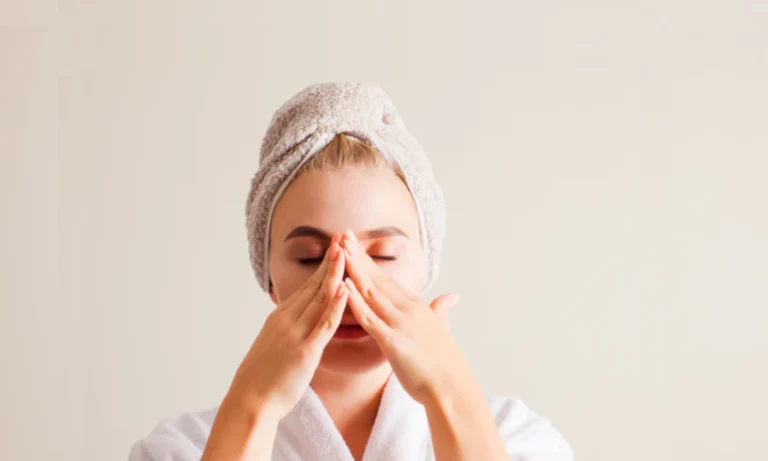
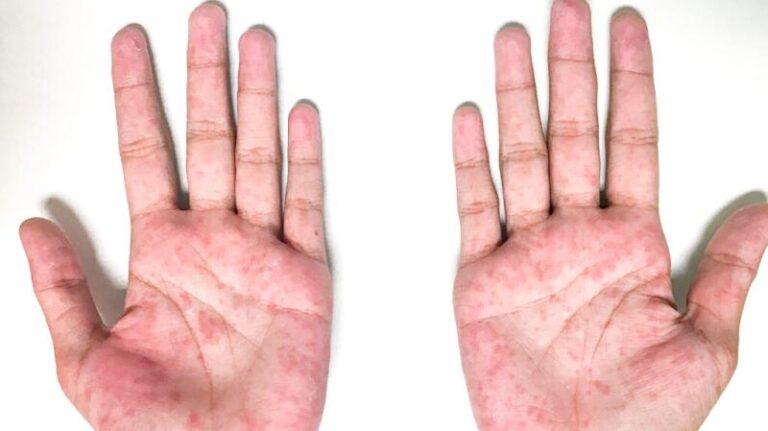
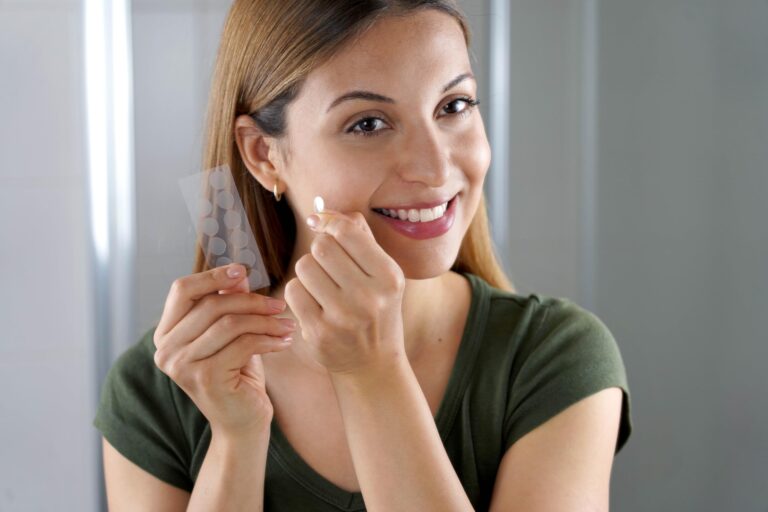
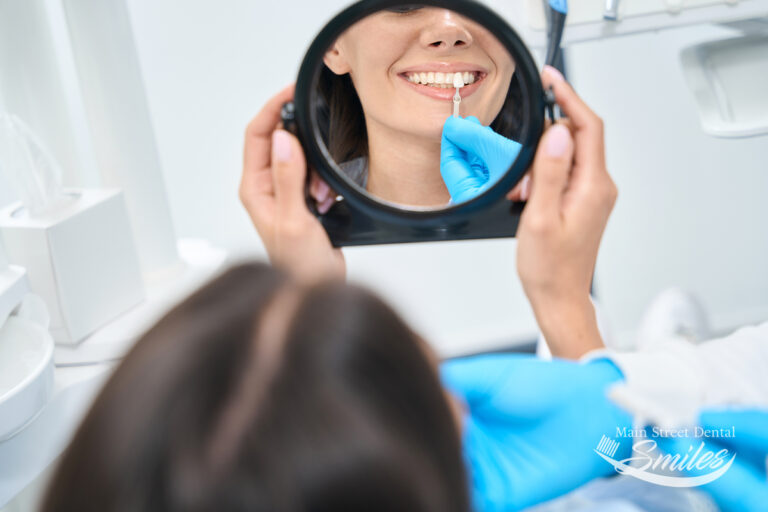
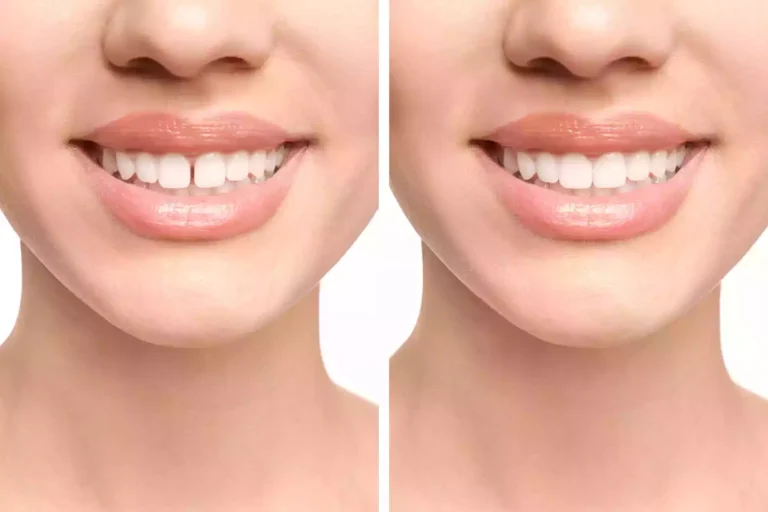
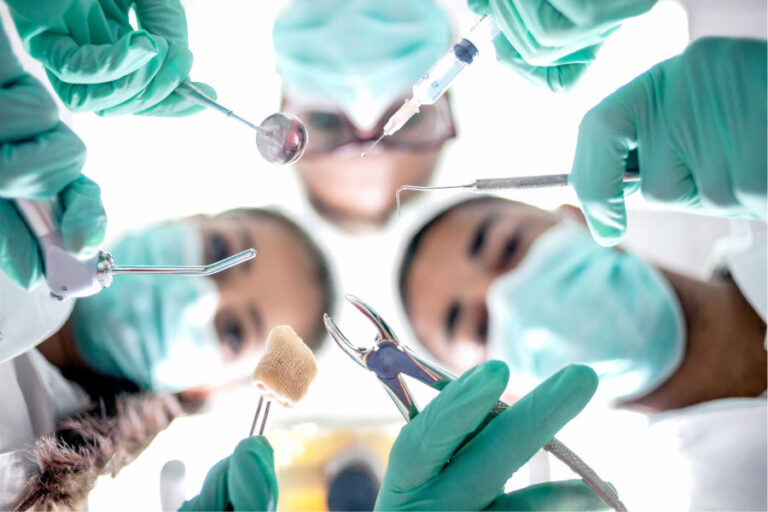
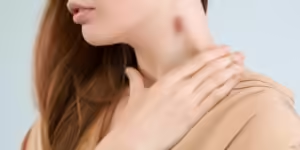

One thought on “Butt Acne Causes: Understanding the Reasons Behind Buttocks Acne”